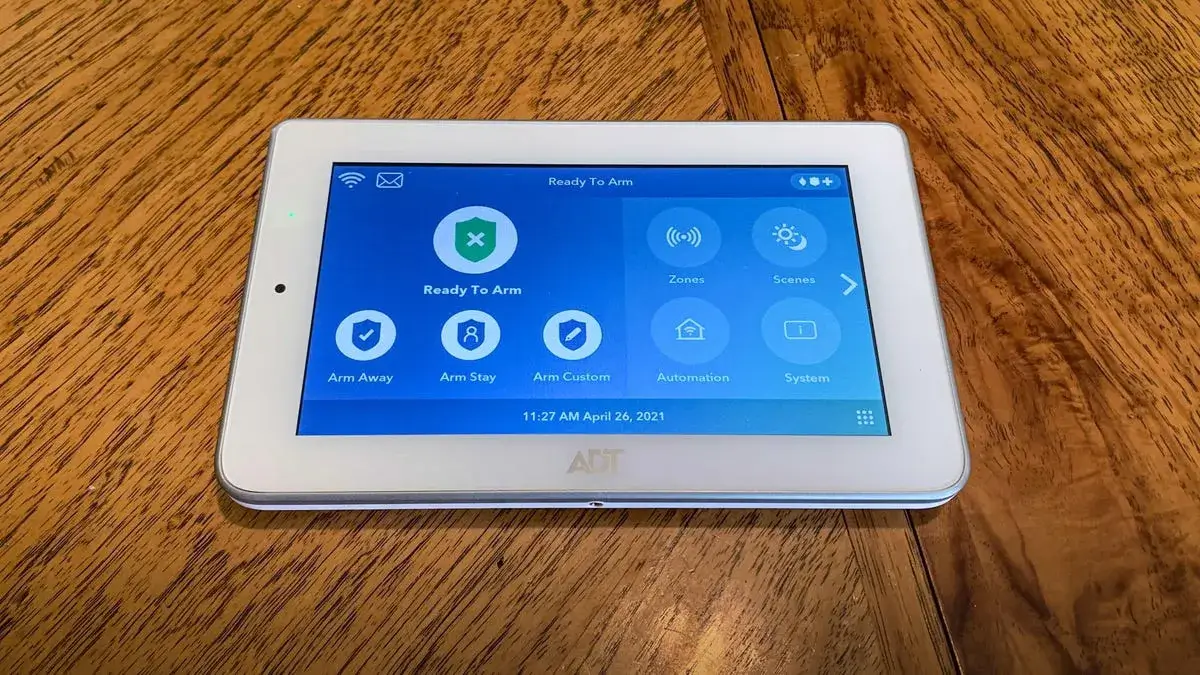The cost of canceling a Vivint contract depends on the remaining balance of your agreement, which you may have to pay in full. Vivint does not charge an early termination fee, but it may require you to pay off the rest of your contract before you can cancel your service. This can vary depending on your contract terms, the length of your agreement, and the reason for your cancellation. In this article, we will explain how to cancel your Vivint contract, what factors affect the cancellation cost, and what alternatives you have if you want to switch to a different security provider.
How to Cancel Your Vivint Contract
If you want to cancel your Vivint contract, you will need to contact Vivint customer service at 1-800-216-5232. You will need to provide your account information, the reason for your cancellation, and any documentation that supports your request. Vivint will review your case and determine the amount you owe, if any, to cancel your contract.
You should also review your contract carefully before you call Vivint, as it may contain important information about your cancellation rights and obligations. For example, some contracts may have a grace period of three days after signing, during which you can cancel without penalty. Others may have a clause that allows you to cancel if you move to a new home, as long as you meet certain conditions.
What Factors Affect the Cancellation Cost
The main factor that affects the cancellation cost is the remaining balance of your contract, which is calculated by multiplying your monthly fee by the number of months left in your agreement. For example, if you pay $50 per month and have 12 months left in your contract, your remaining balance would be $600. This is the amount you would have to pay to cancel your contract, unless you qualify for an exception.
Some of the exceptions that Vivint may consider are:
- Death: If the primary account holder or a co-signer passes away, Vivint may waive the remaining balance upon receiving a death certificate or other proof of death.
- Bankruptcy: If you file for bankruptcy, Vivint may release you from your contract upon receiving a copy of your bankruptcy petition or discharge order.
- Assisted living: If you or a co-signer move to an assisted living facility, Vivint may cancel your contract upon receiving a letter from the facility or a doctor confirming your relocation.
- Military duty: If you or a co-signer are deployed or relocated for active military duty, Vivint may suspend or cancel your contract upon receiving a copy of your orders or a letter from your commanding officer.
Vivint handles these exceptions on a case-by-case basis, and calling in does not guarantee that you will be released from your contract. You will need to provide the necessary documentation and wait for Vivint to review your case and make a decision.
What Alternatives Do You Have If You Want to Switch Providers
If you are unhappy with Vivint and want to switch to a different security provider, you may have some alternatives to canceling your contract and paying the remaining balance. Some of the options you may consider are:
- Transferring your contract: You may be able to transfer your contract to someone else, such as a friend, a family member, or a new homeowner, who is willing to take over your service and payments. You will need to contact Vivint and get their approval for the transfer, as well as sign a transfer agreement with the new account holder.
- Moving your service: You may be able to move your service to your new home, if you are relocating within the US or Canada. Vivint offers a free move program that allows you to take your equipment and service with you, as long as you meet certain criteria, such as having a good payment history and agreeing to a new contract term. You will need to contact Vivint and schedule a move appointment, as well as pay a $99 move fee.
- Selling your equipment: You may be able to sell your equipment to someone else, such as a buyer on eBay or Craigslist, who is interested in using Vivint service. You will need to contact Vivint and get their permission to sell your equipment, as well as deactivate your service and pay any outstanding balance. You will also need to inform the buyer that they will need to sign a new contract with Vivint and pay for the installation and activation of the equipment.
These alternatives may not be available or suitable for everyone, and you should weigh the pros and cons of each option before making a decision. You should also consult with Vivint and read your contract carefully to understand the terms and conditions of each option.
Conclusion
Canceling a Vivint contract can be costly, as you may have to pay the remaining balance of your agreement, unless you qualify for an exception. You should contact Vivint customer service and review your contract to find out how much it will cost you to cancel your service, and what options you have to reduce or avoid the cancellation fee. You should also consider the alternatives to canceling your contract, such as transferring, moving, or selling your service, and see if they are feasible and beneficial for you. By doing your research and comparing your choices, you can make an informed decision that suits your needs and budget.

